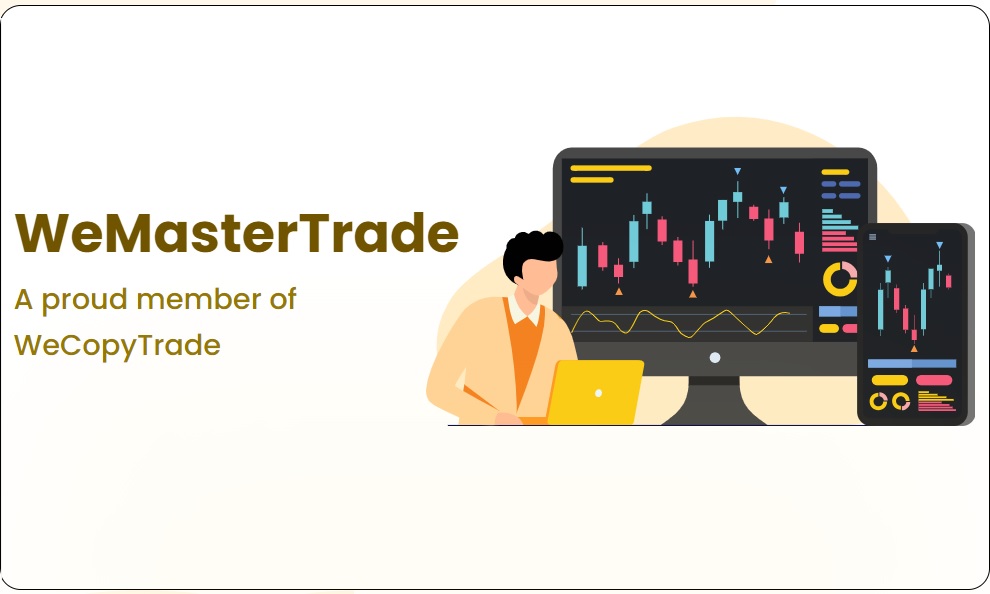The “Passive Fire Protection Industry” Research Report is a well-researched document with premium data on company size, present trends, motivators, potential outcomes, and important Industry segments. Based on input from sector experts, the report offers practical insights into potential Industry growth to assist readers in developing winning strategies. By examining new growth opportunities along the entire value chain and analysing key industry trends, Passive Fire Protection Industry research offers comprehensive Industry data and analysis. In-depth analysis and current information about new Industry opportunities are included in the study.
Read More: Hong Kong company formation
The Passive Fire Protection Industry research provides in-depth analysis of the Industry’s current state, covers Industry size in terms of sales volume and valuation, and makes a precise forecast of the Industry’s future course from 2022 to 2029. Companies in the Passive Fire Protection business segment are probably not used to being analyzed by financial Industry specialists. t might come as a surprise that assembling a report for potential investors even happened. But FBI Research found the time to do just that. For the price of submitting contact information, a sample PDF is available here.
Leading Top Companies in the Passive Fire Protection Industry include:
List of Key Players Profiled in the Passive Fire Protection Industry Report
- Akzo Nobel N.V. (Amsterdam, Netherlands)
- Bostik (Colombes, France)
- Sika AG (Baar, Switzerland)
- Jotun (Sandefjord, Norway)
- 3M (Minnesota, U.S.)
- Hempel A/S (Lyngby, Denmark)
- The Sherwin-Williams Company (Ohio, U.S.)
- PPG Industries, Inc. (Pennsylvania, U.S.)
- TÄBY BRANDSKYDDSTEKNIK AB (Taby, Sweden)
- CPG EUROPE (Wigan, England)
- Advanced Insulation Limited (Gloucester, U.K.)
- Polyseam Ltd (Huddersfield, U.K.)
- Muehlhan AG (Hamburg, Germany)
- ALTRAD (Montpellier, France)
- Nullifire (Wigan, U.K.)
- ROCKWOOL International A/S (Hedehusene, Denmark)
Passive Fire Protection Industry Overview and Scope:
Introduce new research on the global Passive Fire Protection Industry covering the micro-level of analysis by competitors and key business segments. The global Passive Fire Protection Industry explores a comprehensive study on various segments like opportunities, size, development, innovation, sales, and overall growth of major players. The report attempts to offer a high-quality and accurate analysis of the global Passive Fire Protection Industry, keeping in view Industry forecasts, competitive intelligence, technological risks and advancements, and other important subjects.
The global passive fire protection Industry size is expected to gain momentum by reaching USD 5.4 billion by 2028 from USD 4.0 billion in 2021, while exhibiting a CAGR of 4.5% between 2021 to 2028. In its report titled, “Passive Fire Protection Industry, 2021-2028,” Fortune Business Insights™ mentions that the Industry stood at USD 3.8 billion in 2020.
Passive Fire Protection Industry Size Estimations:
The report analyzes the demographics, growth potential, and capability of the Industry through the forecast period. This factor leads to the estimation of the Passive Fire Protection Industry size and also provides an outline of how the Industry will retrieve growth during the assessment period. This research involves taking inputs from the experts in the Industry, focusing attention on recent developments, and others.
The report firstly introduced the fundamentals of the Passive Fire Protection Industry, such as definitions, classifications, applications, and aIndustry overview. It then covered product specifications, production procedures, cost structures, raw materials, and other information. Then it looked at the major Industry conditions around the world, such as the cost, profit, production, supply, and demand of the product and the Industry’s projected growth rate. The report’s final sections covered investment feasibility and return analyses, as well as SWOT analyses of new projects.
Drivers & Trends:
You must know that the Industry drivers play an essential role in the growth of aIndustry. This report includes the trend that makes the Passive Fire Protection Industry develop and grow in an effective manner for a particular forecast period of 2022-2029. For the convincing success of the industries, the Industry driver report is essential. The standard and effective Industry rivers are consumer demand, demand, government policy, and much more. Furthermore, the primary role of the Industry drivers is to influence consumer purchasing decisions.
Regional Analysis:
The report consists of extensive primary research associated with rapidly changing dynamics and the current scenario of the Passive Fire Protection industry with the latest developments. Furthermore, the research report explains all insights about the production volume, pricing structure, as well as the dynamics of shares of the number of leading products that are available in the Passive Fire Protection Industry, with their contribution to the Industry revenue across the world.
Asia Pacific to Dominate Backed by Increasing Consumption of Gold in the RegionNorth America is expected to remain at the forefront and hold the highest position in the Industry for passive fire protection during the forecast period owing to the rising awareness about fire safety and stringent rules by the government to have fire protection units in commercial as well as residential buildings. The region’s Industry stood at USD 2.13 billion in 2020.Europe is expected to showcase significant passive fire protection Industry share in upcoming years, owing to the increased penalty by the government on people who do not comply with fire regulations. Furthermore, increased standardization and incessant inspection of industries are expected to promote the regional Industry.
Highlights of the Global Passive Fire Protection Report:
- A complete backdrop analysis, which includes an assessment of the Passive Fire Protection Industry
- An objective assessment of the trajectory of the Industry
- Industry segmentation up to the second or third level
- Reporting and evaluation of recent industry developments
- Important changes in Industry dynamics
- Emerging niche segments and regional Industrys
- Historical, current, and projected size of the Industry from the standpoint of both value and volume
- Industry shares and strategies of key players
- Recommendations to companies for strengthening their foothold in the Industry





